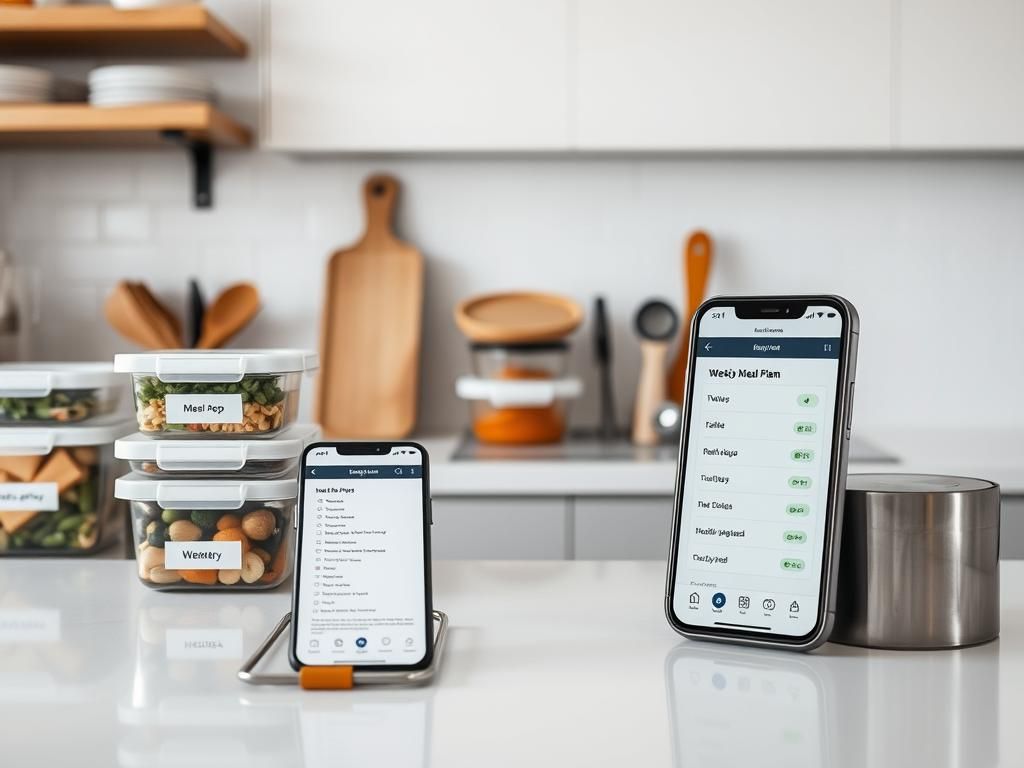
Meal planning doesn't need to be complicated. With a simple, repeatable approach you can reduce decision fatigue, save money, and eat better — even on the busiest weeks.
Why plan meals?
Planning creates margin. It prevents last-minute takeout, reduces wasted food, and makes grocery trips faster. A small weekly habit yields steady benefits.
Simple five-step system
Set a rhythm: choose how many meals you'll plan (dinners only, full week, or just lunches).
Pick templates: rotate 3–4 dinner themes (grain + protein + veg, pasta night, sheet-pan, soup/stew).
Build a list: write 6–8 meals that fit your templates and repeat them each week with small variations.
Shop smart: make one list, group items by store section, and buy staples in larger quantities.
Prep once: wash greens, chop veg, cook a grain or protein ahead to speed nightly assembly.
Meal templates to get started
One-pan roasted protein + vegetables + grain
Stir-fry with frozen vegetables and tofu or chicken
Sheet-pan salmon or sausage with potatoes and broccoli
Comfort bowl: rice, beans, quick greens, sauce
Practical tips
Keep a running list of favorites on your phone to speed planning.
Use leftovers intentionally: plan one night for 'leftover remix'.
Batch-cook staples (grains, beans, roasted veg) once or twice a week.
Start small: plan one week, use the same plan twice, then adjust. Over time the routine becomes effortless and food decisions feel lighter.
